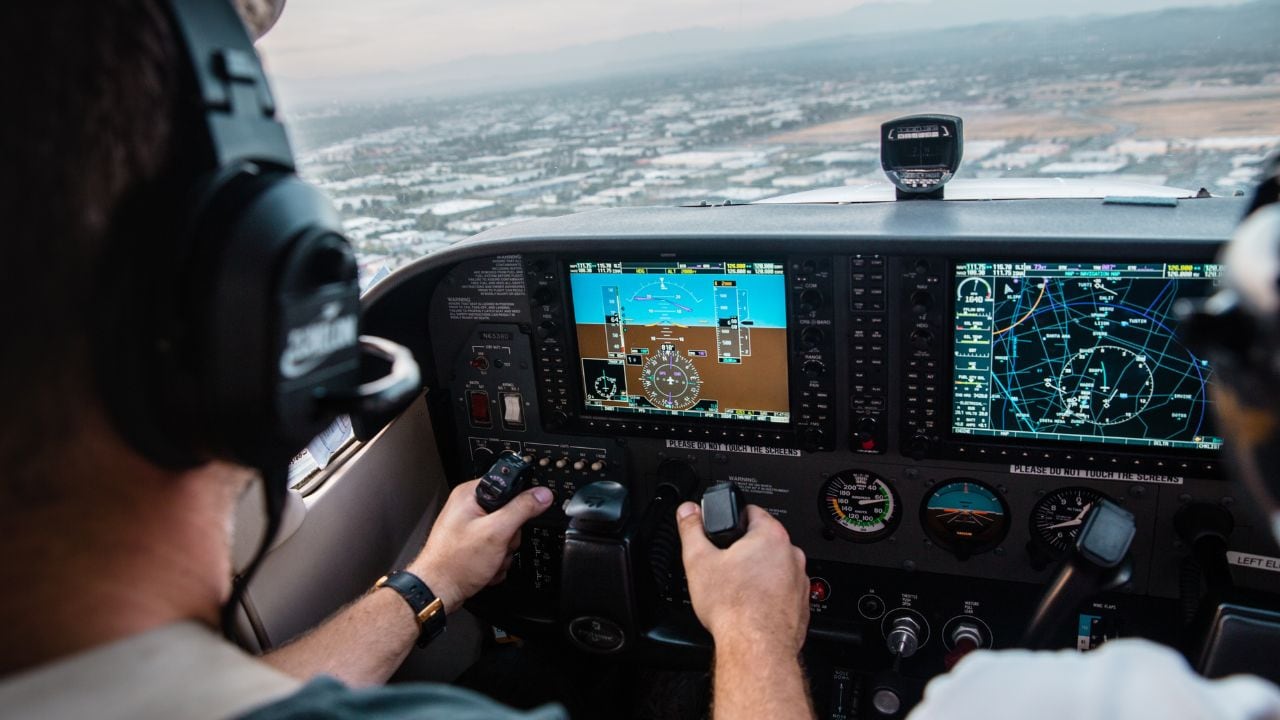

| Company | Value | Change | %Change |
|---|
CNBC-TV18 accessed the submissions made by airlines to the DGCA. Both IndiGo and Air India have refused to implement the revised norms before June 2025. They told DGCA that rules will be implemented partially by June 2025. SpiceJet, which is busy reviving its operations by settling disputes with lessors, is seeking implementation by March 2026.
New rules require 48 hours of rest for pilots per week—India’s largest carrier, IndiGo, having over 64% market share, is willing to increase that period from 36 hours to 40 hours starting June 2025. The airline told DGCA it would assess the impact on operations and then think about increasing the rest period further.
Tata Group-owned Air India, which concluded the mega-merger of four airlines, said it will increase the rest period from 36 hours to 48 hours from June 2025.
IndiGo has agreed on two landings per night as prescribed in the new rules. However, Air India said it will make that change in the second phase.
As per the new rules, night hours will start from 12 am to 6 am as compared to the existing practice of 12 am to 5 am.
IndiGo is willing to implement this rule starting June 2025, but Air India said it can increase nighttime to 6 am in the second phase, which will be in 2026.
Both IndiGo and Air India have warned that an increase in rest periods and duty timings could lead to flight cancellations and also a shortage of pilots, requiring the operators to recruit more cockpit crew.
IndiGo mentioned that the overall impact of implementing the changes would require around a 3% increase in crewing requirements.
For a brief background in the matter, in April 2019, aviation regulator DGCA came up with new Civil Aviation Rules on duty and rest periods, which pilots’ associations had challenged in the Delhi High Court.
They wanted more rest time to avoid getting fatigued. In January this year, the aviation regulator came up with revised norms and set June 1, 2024, as the implementation date. But airlines resisted, saying this would jeopardise their operations.
So, the DGCA put the rules on hold without any deadline. Then in April, the regulator asked airlines to give an indicative timeline for implementation. The airlines made their submissions to the regulator in early December. Meanwhile, on December 6, the Delhi High Court asked DGCA to consider the implementation by early 2025.



